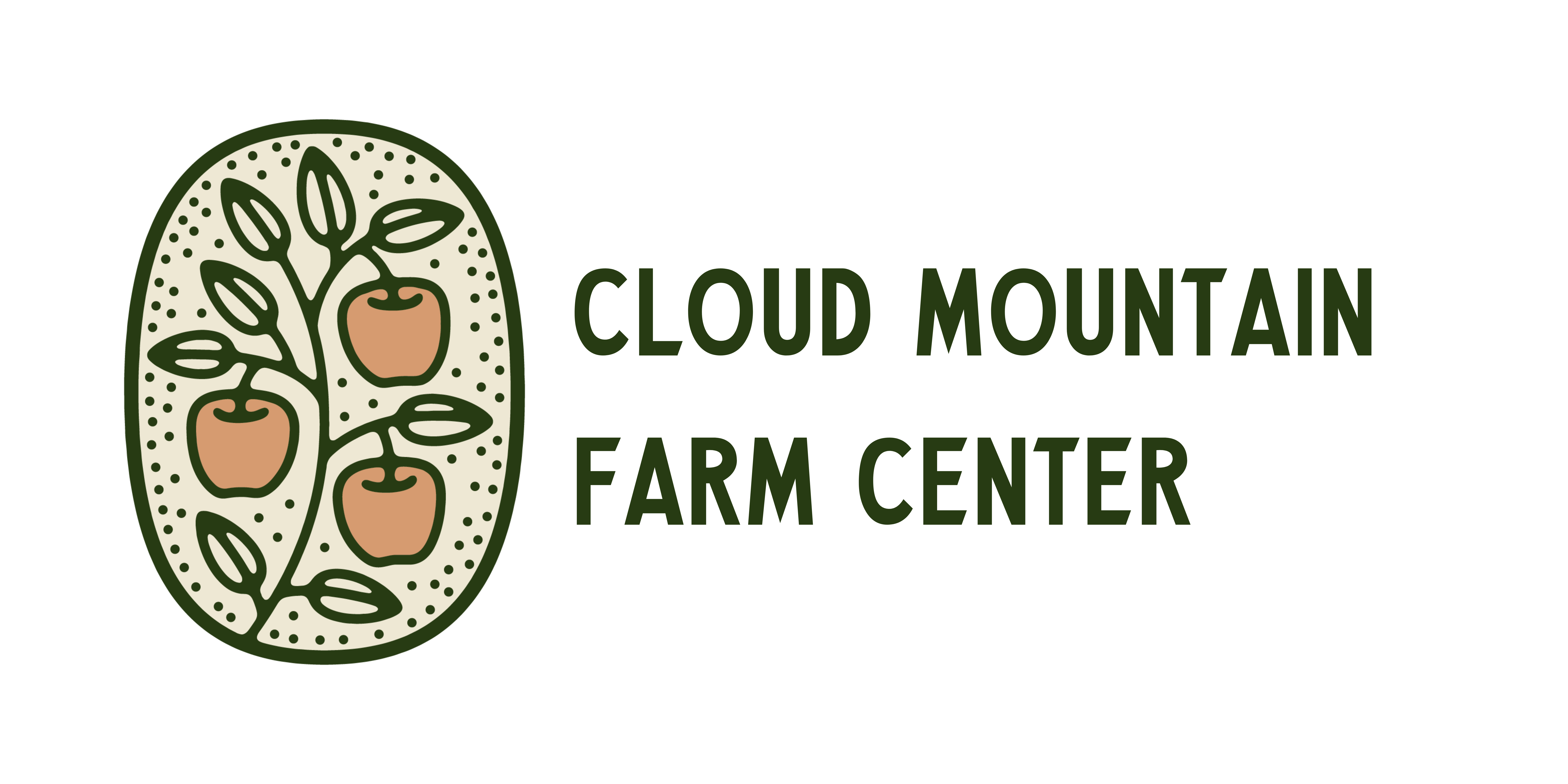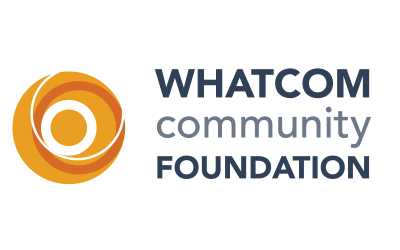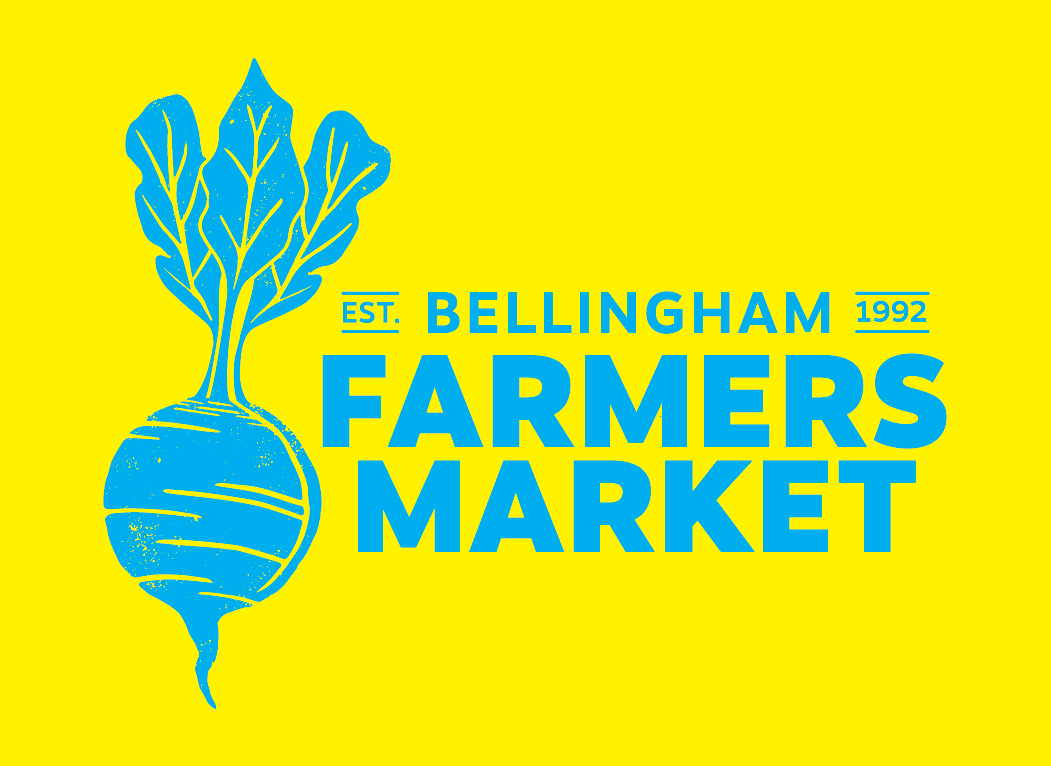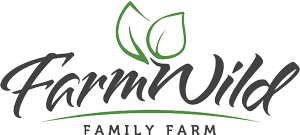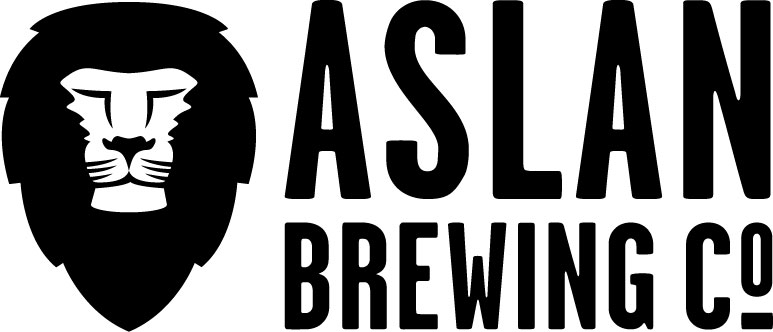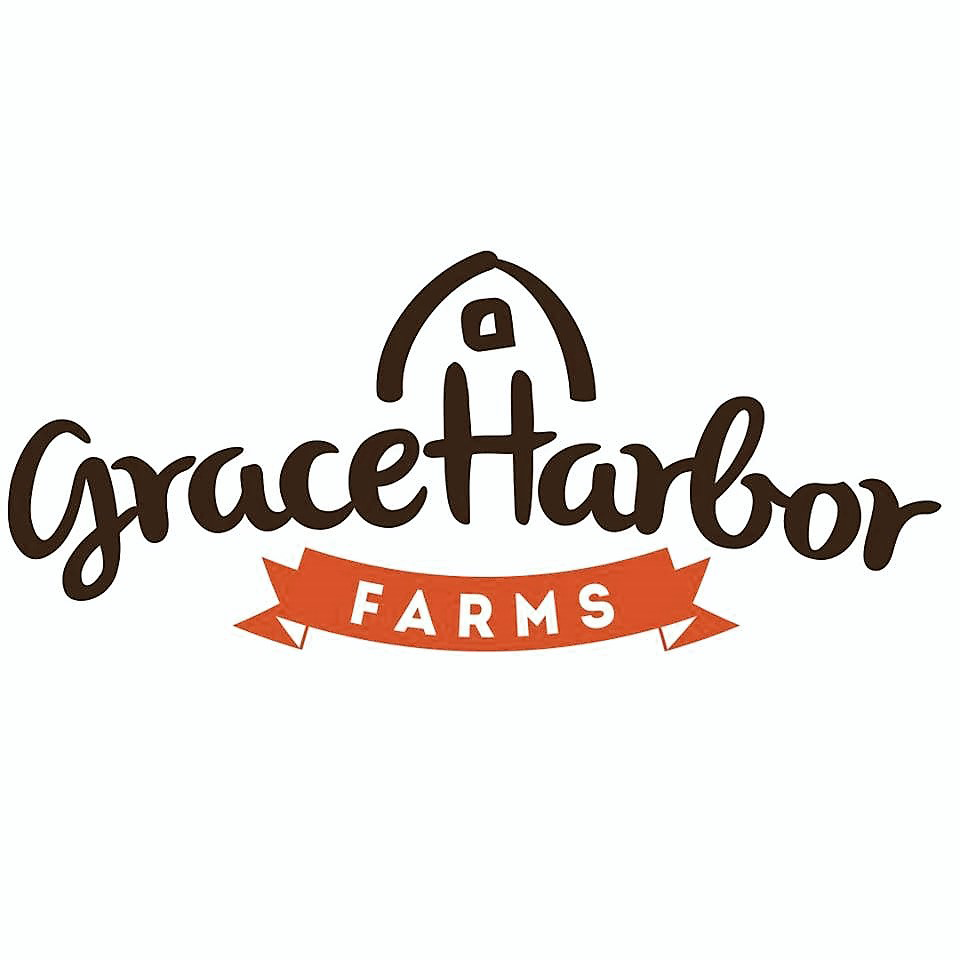Applications Are Now Closed
Stay tuned for the full line-up of 2024 workshops
Deadline: 11:59pm, Monday, March 4th
Notifications to successful applicants Friday, March 15
This upcoming season, we invite you to collaborate with us to broaden the scope of on-farm education. Community-Led Workshops are returning in 2024 to highlight the unique expertise of farmers, ag professionals, makers, artists, chefs and others who make our food, fiber, and floral world so special in Northwest Washington.
We are inviting proposals for full or partial day classes for the 2024 season; read below to learn more about how to teach a Community-Led Workshop, and what we offer to support you in planning, marketing, outreach, and workshop delivery. We have up to 10 workshop spaces open in our calendar.
Whether you’re an experienced educator or proposing your first class to share your resources and abilities, we’re excited to work with you to transform your passion and skills into a fully developed, well-publicized workshop for the community.
What kind of class can I teach?
Skill-driven experiences (rather than farm tours or exhibitions) that fit into the general categories below. Topics could include, but aren’t limited to the suggestions that follow:
- Farm Skills –i.e. aquaponics, practical agronomy, equipment use and maintenance, on-farm composting, tunnel construction, crop planning,on-farm plant breeding and seed production, berry and small fruit growing, culturally specific and traditional crops, small scale grains, mushroom production, cut flowers
- Livestock–i.e. dairying, shearing, herd health and veterinary, getting started with hogs/sheep/cattle/goats/poultry, processing
- Processing & Preservation –i.e. canning, dehydrating, fermentation, whole animal butchery and use, culturally specific and traditional eating and food preparation
- Artistry & Creative Skills–i.e. botanical dying, basketry, soap making, herbalism
I’d like to propose a workshop. What should I include in my course description?
- What is the learned skill or creative process that students will be engaged with?
- Does this skill have any historical or cultural context? If so, please reference.
- What will students leave the class with?
- Is this class suited for beginners, or does it require previous experience?
- What are the physical requirements of the class?
What are the logistics of teaching a Community-Led Workshop?
Each instructor sets the price (min. $30, max. $150) and attendee cap for their full or partial day workshop; we recommend between 5-20 attendees depending on content and setting, and a price that reflects instructor time and materials. CMFC coordinates all registration, marketing, and promotion. Use of CMFC facilities is available to instructors, including chairs, tables, indoor conference room and outdoor gathering areas. Workshop proceeds are divided with 80% direct to the farmer-educator, and 20% to CMFC to cover marketing, outreach, facilities, and support.
What sort of outreach and publicity will CMFC do?
CMFC has a newsletter with over 4,000 subscribers, as well as active social media and a website seen by thousands of customers and community members monthly. Our partnership with Sustainable Connections gives us an even wider reach across the county and throughout our community.
What resources exist at CMFC for me to hold a workshop?
CMFC offers indoor and outdoor teaching space. Indoor space includes video presentation capability in our Education Room that can accommodate 20 comfortably; outdoor space is dependent on workshop layout. We can provide tables, chairs, and a tent. CMFC will have a support staff member on-site on the day of your workshop. We offer a $100 advance payment for materials upon your acceptance that will be deducted from your total workshop income. Supplies and materials are the responsibility of the instructor; please include any specific requests for infrastructure support with your workshop proposal. We cannot grant access to our working orchards and food production areas.
Can I sell my products at my workshop?
Selling prepared or value-added products (not raw produce) at your workshop may be subject to sales tax. Educators are responsible for processing their own payment (using Square, Venmo, or other mobile payment option) and complying with sales tax regulations.
If you have additional questions, please contact Emily at emilye@cloudmountainfarmcenter.org.
